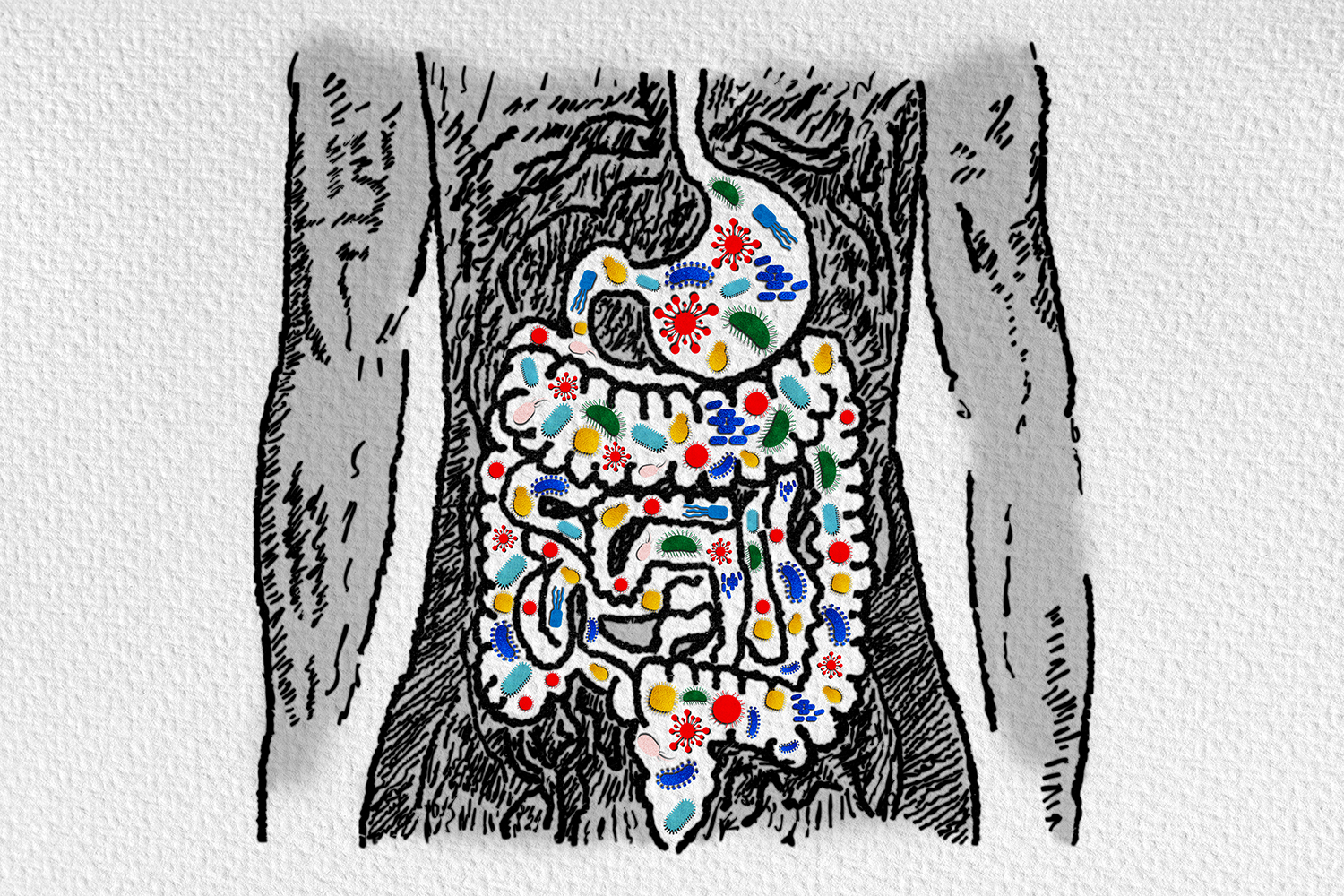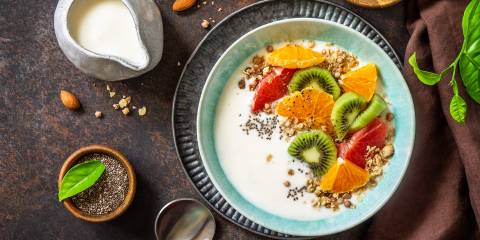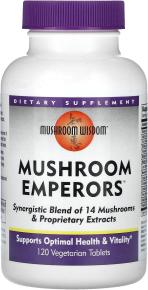Health and wellness experts have become increasingly aware of the importance of a healthy microbiome, particularly in terms of the digestive system. Dietary patterns and environmental factors have a profound effect on shaping gut microbiota in real-time (Hills et al., 2019), and a well-functioning digestive system is one of the first things considered in preventive care.
Unfortunately, in our fast-paced world, it can be difficult to make healthy diet and lifestyle choices that support a healthy microbiome. However, with new research and better knowledge of the importance of the human microbiome, tremendous advancements in overall health for humankind are possible.
What is The Human Microbiome?
The human microbiome refers to the diverse community of microorganisms, including bacteria, fungi, viruses, and archaea that inhabit the entire human body. In particular, these microorganisms have a vital role to play in maintaining human health.
Our ability to achieve optimal health and wellness depends on understanding the relationship between the human microbiome and digestive health, as well as its potential implications.
The Functions of Your Microbiome
The human digestive system is home to trillions of these microorganisms, which collectively form the gut microbiome that plays an important role in breaking down food, producing nutrients, immune system regulation, and much more!
-
Fiber Fermentation
Fermentation of dietary fibers and other complex carbohydrates produces short chain fatty acids (SCFAs), which are important sources of energy for the digestive tract and have anti-inflammatory and immune-supporting effects.
The amount and type of fiber consumed have dramatic effects on the composition of the intestinal microbiota and consequently on the type and amount of SCFAs produced (den Besten et al., 2013).
-
Regulating the Intestinal Barrier
Regulating the intestinal barrier, a complex network of cells and proteins that separates the digestive tract from the rest of the body, is essential for maintaining digestive health and preventing potentially harmful microbes and components from entering the bloodstream.
Disruptions to the microbiota can result in increased intestinal permeability and a variety of health concerns.
-
Maintaining Immunity
Maintaining a strong immune system also relies heavily on the microbiota. According to Dr. David Heber, professor emeritus of medicine at UCLA Health, “Seventy percent of the immune system is located in the gut” (Cohen, 2021).
The immune system is responsible for protecting the body from unwanted organisms and harmful agents, but it must also be able to distinguish between what is harmful and what is helpful in the realm of microorganisms. Gut microbiota help to train the immune system to recognize and respond appropriately to different types of microorganisms.
Disruptions to the microbiota can lead to an imbalance within the system that is designed to help maintain homeostasis.
-
Mood Improvement
Mental health is also connected to microbiome activity. Consuming a probiotic-containing yogurt has been linked to improved mental health: a 2007 study showed that it “improved the mood of those whose mood was initially poor.” Furthermore, a healthy microbiome has been associated with better mood, sleep, and overall feelings of wellbeing.
Recent research has explored the connection between the brain’s CNS (central nervous system) and the digestive system’s ENS (enteric nervous system), which has helped to further clarify the relationship between mental health and gut health.
-
Supporting Digestive Health
The relationship between gut microbiota and digestive health has important implications for prevention and maintenance.
For example, research has shown that probiotics, which are defined by The FAO/WHO as “live microorganisms which when administered in adequate amounts confer a health benefit on the host” (Hill, 2014) may help to restore the balance of the gut microbiota and support a healthy, optimal functioning digestive system.
Consuming Probiotics and Prebiotics
Probiotics can be consumed as supplements, added to foods, or found naturally occurring in certain foods. In addition, prebiotics, which are indigestible fibers that feed and promote the growth of beneficial microorganisms in the gut, may also be beneficial for digestive and overall microbiome health.
However, it is important to note that not all probiotics and prebiotics are created equal. The efficacy of these interventions depends on the specific strains of microorganisms used and the potency of the strains, as well as the individual characteristics of the person consuming them.
Therefore, it is important to work with a healthcare professional to determine the most appropriate approach.
Conclusion
In summary, it is clear that the human microbiome is of crucial importance to our physiology, especially within the digestive system.
Spreading awareness of the vital role of the microbiome is important to the future of wellness. Our understanding of these microscopic critters continues to grow and develop, with every new breakthrough revealing more of the immense influence they have on our well-being.
By taking care of our microbiome and preserving a healthy balance of bacteria, through a healthy diet, regular exercise, stress reduction, as well as supplementing with probiotics and prebiotics, we can safeguard our health and promote optimal health and well-being for ourselves and future generations.






